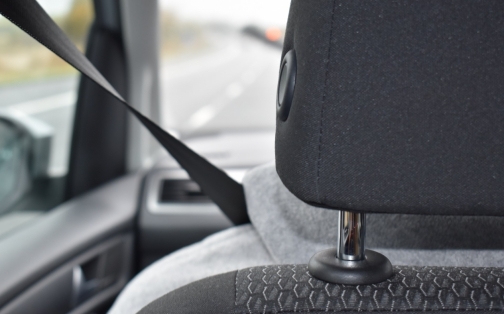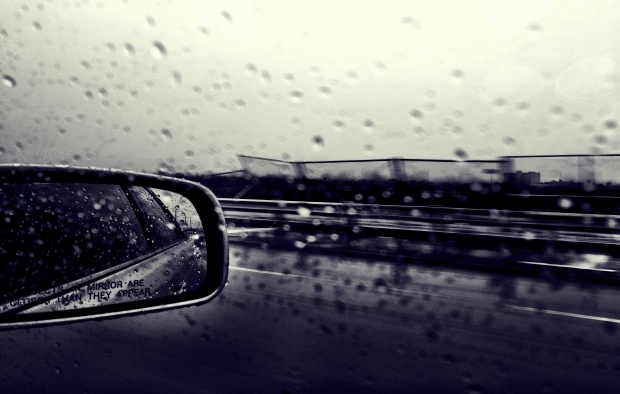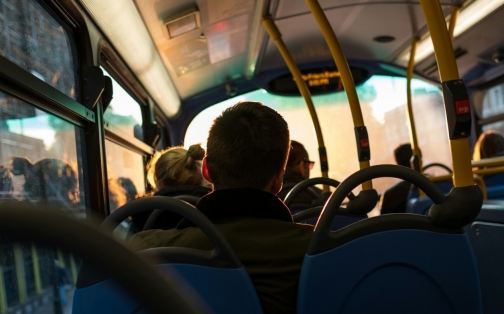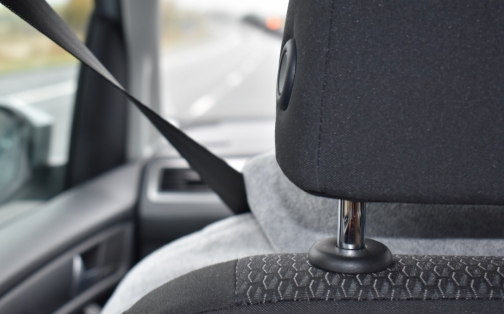
- Home
- News
- Road Traffic
- Drowsy Driving - Are You at Risk?

Drowsy Driving - Are You at Risk?
While driving under the influence of drugs or alcohol is something that most drivers would never consider, driving while drowsy does not attract the same level of trepidation.
However, driving while tired or drowsy can be equally as dangerous as driving while under the influence of drugs or alcohol.
When tired, your reaction times and judgement become severely impaired. Research shows that around 20 per cent of the accidents on major roads are related to drowsiness, and are more likely to result in death or a serious injury.
People are more likely to fall asleep in the early hours of the morning and after lunch.
Look out for the warning signs of drowsiness:
• Struggling to keep within road markings
• Finding it difficult to keep your eyes open
• Finding it hard to remember the previous stretch of road
• Getting too close to vehicles at the front or side of you
Driving while tired is common, but can be avoided. If you feel tired when you’re behind the wheel, make sure that you stop in a safe place, and get some rest or ask someone else to drive if there’s anyone available.
The best way to avoid being in an accident due to driving when fatigued is to take steps to ensure that you do not end up in a situation where you are tired behind the wheel. Here's some tips to help you ensure that you're alert behind the wheel:
• Take turns to drive
• Make sure you are well rested before you get behind the wheel
• Take regular breaks on longer journeys
• Don’t embark on a long journey if you’re very tired
•Avoid driving late at night where possible
Share this article
Request a Callback
Had an accident that wasn’t your fault? Leave your details and we’ll call you back.
Thank you
Thank you for your request, one of our team members will be in touch shortly.
Find Out MoreExisting Client?
Keep on top of your claim 24/7, 365 days a year with Touchpoint, accessible from any internet-enabled device.



